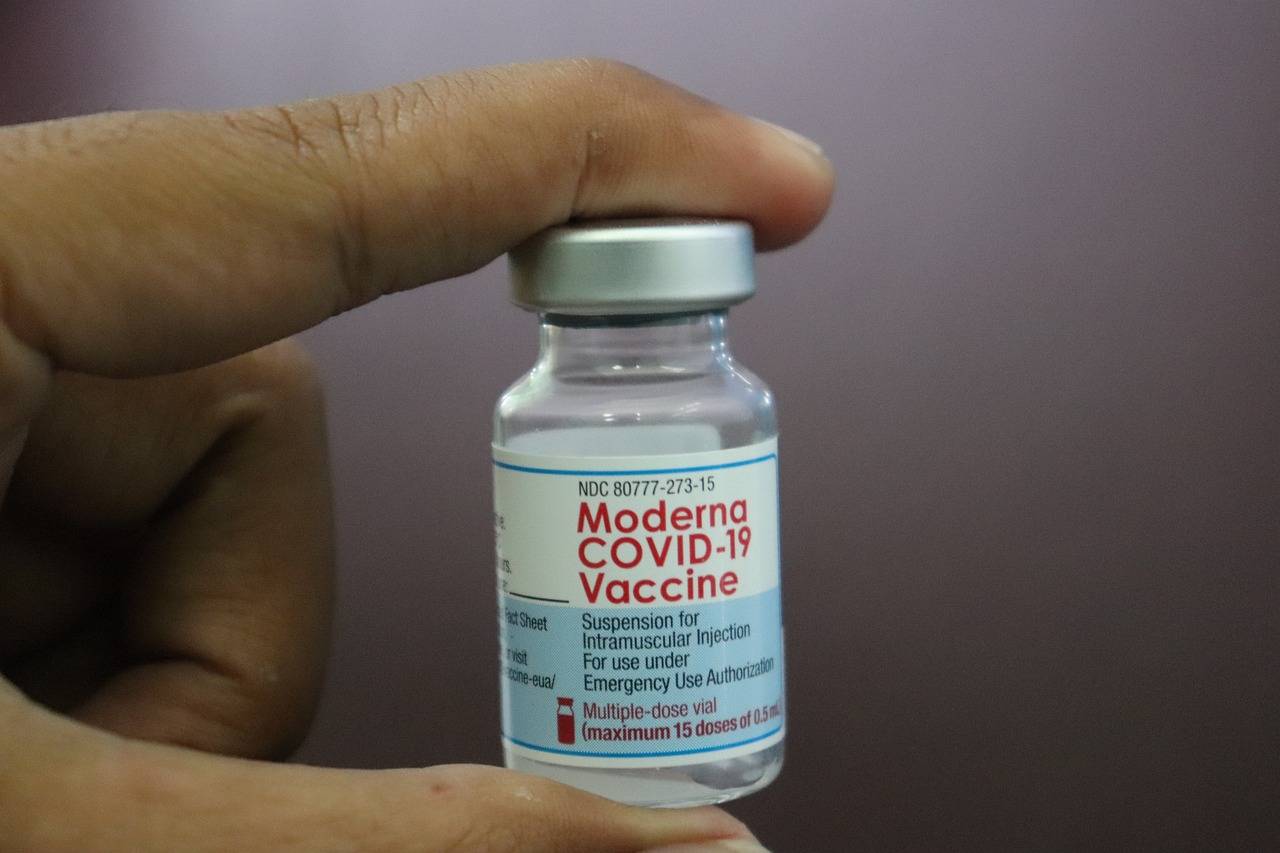The Role of Technology in Preventive Healthcare
Telemedicine plays a vital role in enhancing preventive healthcare by facilitating remote consultations and quick access to medical professionals. Patients in rural or remote areas can now easily connect with healthcare providers, receiving timely advice and guidance on preventive measures to maintain good health. The convenience of virtual appointments not only saves time and resources but also encourages individuals to seek regular medical advice for early detection of potential health issues.
Moreover, telemedicine promotes proactive healthcare management through continuous monitoring and follow-ups. Patients with chronic illnesses or those at high risk of developing certain conditions can benefit significantly from regular check-ins with healthcare providers through telemedicine platforms. By fostering a more patient-centered approach to healthcare, telemedicine promotes preventive strategies that empower individuals to take control of their health and make informed decisions regarding their well-being.
Wearable Devices for Monitoring Health Metrics
Wearable devices have revolutionized the way individuals monitor their health metrics on a daily basis. From smartwatches to fitness trackers, these gadgets offer real-time data on various parameters such as heart rate, steps taken, calories burned, and even sleep patterns. This instant access to health information enables users to make informed decisions about their lifestyle choices and track their progress towards their health goals.
Moreover, wearable devices serve as a constant reminder to prioritize health and wellness throughout the day. By wearing these devices, individuals are motivated to stay active, maintain proper hydration, and ensure adequate rest. The continuous monitoring of health metrics also allows for early detection of any anomalies or patterns that may require attention, thus empowering users to take proactive steps towards their well-being.
Mobile Apps for Tracking and Managing Health
Mobile apps designed for tracking and managing health have become increasingly popular in recent years. These apps offer a wide range of features to help individuals monitor their health metrics, such as heart rate, sleep patterns, physical activity, and dietary habits. By inputting relevant data into these apps, users can gain valuable insights into their overall health and make informed decisions to improve their well-being.
Furthermore, mobile health apps often provide reminders and notifications to help users stay on top of their health goals and routines. Some apps also offer personalized recommendations based on the data inputted by the user, making it easier to track progress and make adjustments as needed. With the convenience of having health information readily available on their smartphones, individuals can take a more proactive approach to managing their health and lead healthier lives.





